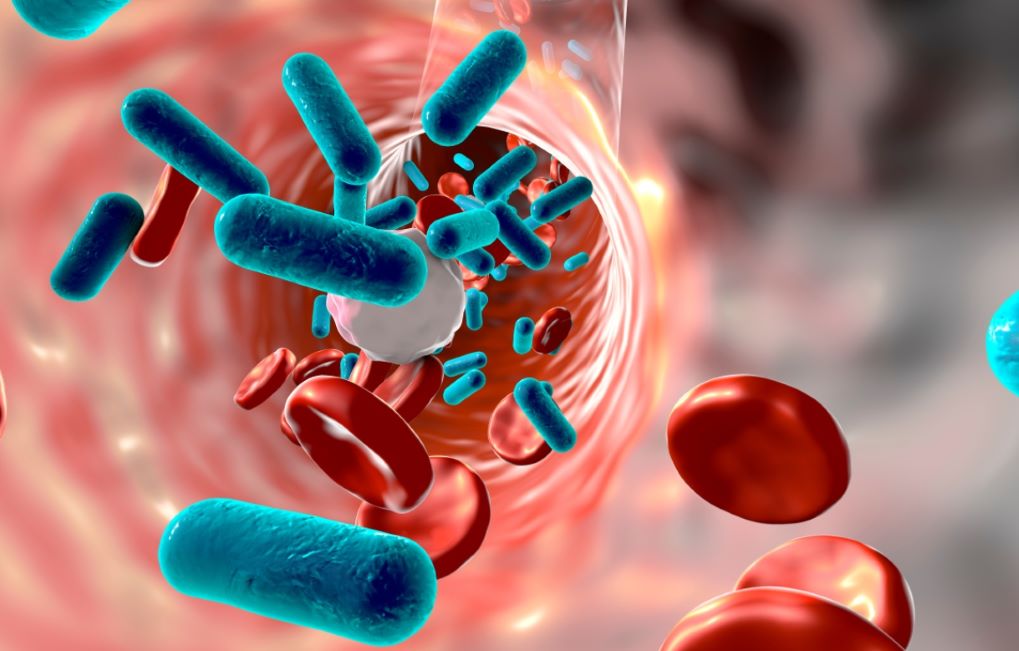NIT Calicut develops nano-sensor to detect deadly infections in minutes
July 23, 2025 | Wednesday | News
To help in early diagnosis of sepsis at the bedside of the patient
image credit- shutterstock
A team of scientists at the National Institute of Technology (NIT) Calicut has developed a new highly sensitive, low-cost, point-of-care device with an electrochemical biosensor that could help early diagnosis of sepsis at the bedside of the patient.
Sepsis is a serious medical condition caused by an infection that can lead to multiple organ failure, shock and even death. Endotoxin, a toxic component of the outer membrane of Gram-negative bacteria, acts as a key biomarker, signalling the presence of an infection that could lead to sepsis.
The scientists have developed eight distinct sensor architectures and a sensitive device for detecting endotoxins rapidly.
In a paper published in the journal Langmuir, the team has demonstrated a highly sensitive electrochemical sensor chip designed for the selective detection of Lipopolysaccharide (LPS), which is compatible with a portable analyser for on-site detection. The sensor is fabricated using functionalised CNT (fCNT) and copper(I) oxide nanoparticles (Cu2O).
The specific binding of endotoxin to LPS-binding Aptamers or polymyxin B was used to improve selectivity. All the sensors have exhibited high selectivity and detected endotoxin in the presence of other interfering compounds. This device detects endotoxin in blood serum using a standard addition method, providing results within 10 minutes.









